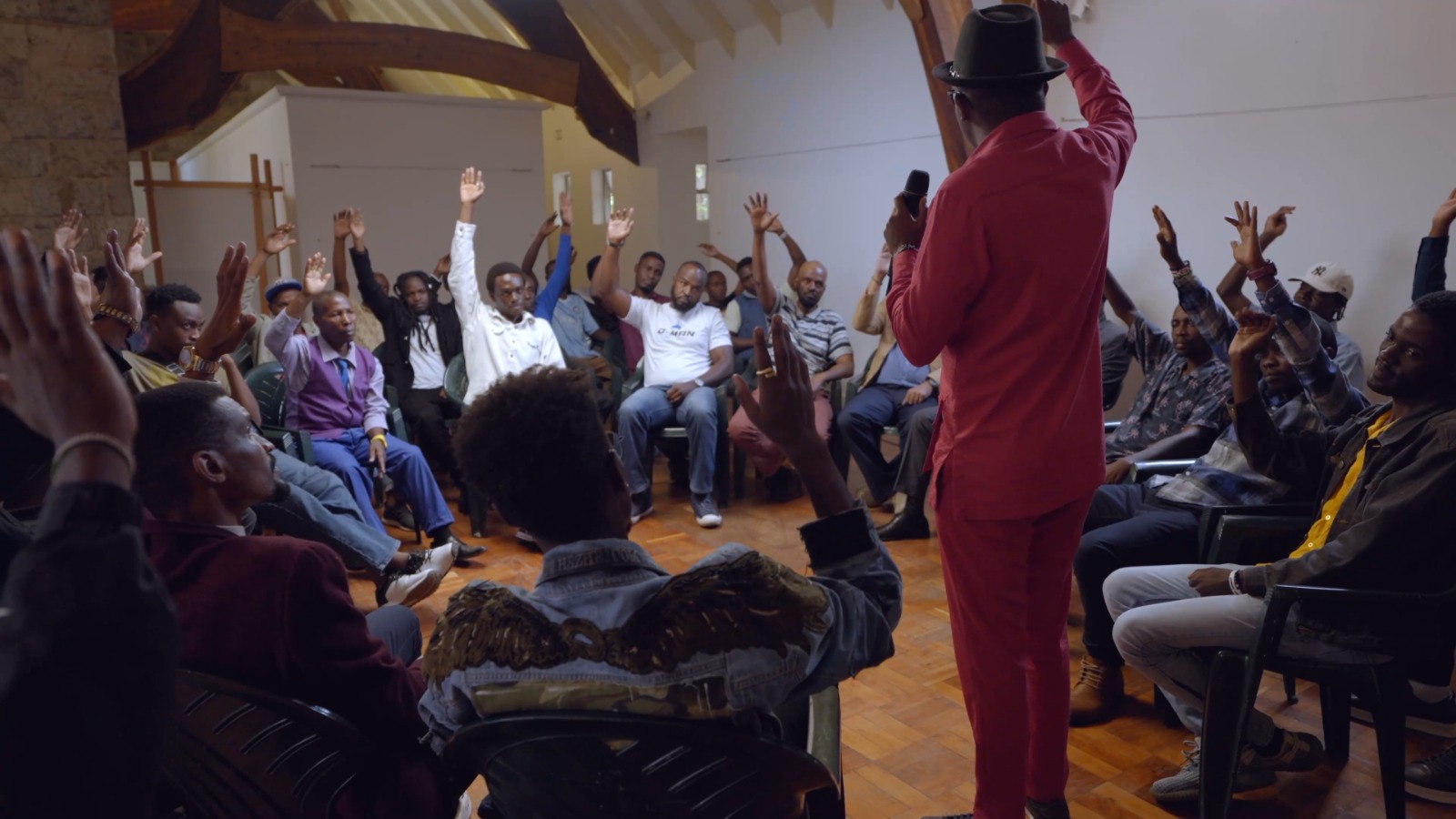
Perspectives from the Men’s Conference » Capital News
By Abel Mutua & Isaya Evans
When the idea of a “men’s conference” was introduced, its primary goal was not to bring men together for a cause but rather to create a fictional escape from Valentine’s Day obligations. For years, the event existed only as a social media joke—an imaginary gathering where men would claim to be “away” to avoid the pressure of buying gifts for their spouses and partners.
But on February 14, 2025, we flipped the script. For the first time, we gathered real men for a real men’s conference. We came together not to dodge responsibility but to confront it head-on.
At the heart of the discussions was the alarming rise in femicide. Last year alone, Kenya recorded the highest number of women killed on record. According to Africa Data Hub, 170 women lost their lives. And those were just the reported cases. How many more deaths went uncounted, hidden behind silence and stigma?
This is a crisis that should horrify us all, yet too often, conversations about gender-based violence are dominated by women’s voices alone. But how can we, as men, contribute meaningfully to this dialogue? If men are the primary perpetrators of violence against women, then men must also be part of the solution.
Abel Mutua’s Perspective
I have been in plenty of rooms filled with men. But the 2025 Men’s Conference was different. I had never seen a space packed with men, all willing to be vulnerable, all ready to put aside ego, and all open to discussing how we can do better. It was powerful. It was necessary. And it was long overdue.
When I posted a video about holding your boys accountable, I expected backlash. Instead, my inbox flooded with messages. Men wanted to talk. They were ready. They craved a real conversation. It became clear that we didn’t just need another internet joke—we needed a REAL men’s conference.
As I hosted the discussions, I braced myself for resistance and excuses. But what I encountered were men eager for change. Men shared stories of regret—moments when they had stayed silent when they should have spoken up.
They asked hard questions:
- What do you do when your friend crosses a line?
- How do you challenge harmful behavior without losing friendships?
- How do we make the world safer for women?
This wasn’t a room full of men avoiding Valentine’s Day. It was a room full of men committed to making a difference. And for the first time, I saw that change is possible.
Isaya Evans’ Perspective
Last November, this issue became painfully personal for me.
On November 2, 2024, I lost a former colleague, Lilian, to femicide. Her death wasn’t just another statistic. It was real. It was devastating. It was a stark reminder that gender-based violence isn’t something that happens to “other people”—it can affect anyone, including those closest to us.
So when Abel approached me about this conference, I couldn’t say no. One moment that struck me was when men in the room started asking: How do we actually hold each other accountable?
The answer was simple but powerful: “Safisha Rada.”
This phrase became our rallying call. It means calling out bad behavior without hostility. It means saying, “Bro, that’s not okay,” in a way that keeps the brotherhood intact while demanding better. It means holding your friends accountable without pushing them away.
How Pushing Each Other Made Us Better
Working on this project challenged both of us. We had difficult conversations. We pushed each other to rethink our approaches.
But that’s the whole point—this work isn’t about having all the answers. It’s about being willing to unlearn, to listen, and to step up. And that is what made this experience so powerful. This conference proved that when men come together with the right intentions, incredible things can happen.
Where Do We Go from Here?
One conference won’t solve this crisis overnight. Change happens in the everyday moments.
When your friend makes a sexist joke—don’t laugh it off.
When you witness something questionable at a club—step in.
When it feels easier to look the other way—that’s exactly when you need to speak up.
Being a “good man” isn’t enough if we ignore the harm happening around us. True leadership means stepping up, even when it’s uncomfortable.
So we leave you with this challenge: The next time you see something wrong, don’t just shake your head. Speak up. Step in. Say, “Safisha Rada.” Because if not us, then who?
Men must speak up.
Men must step in.
Men must Safisha Rada.
Abel Mutua & Isaya Evans are renowned actors and film directors in Kenya, with multiple accolades in the film and entertainment industry.